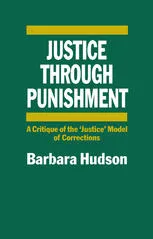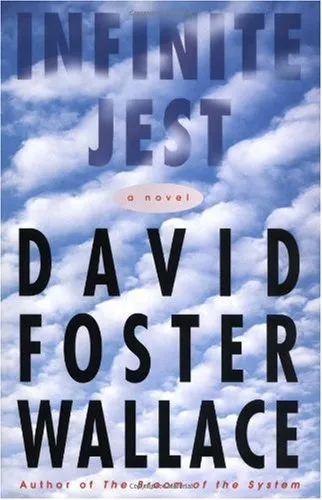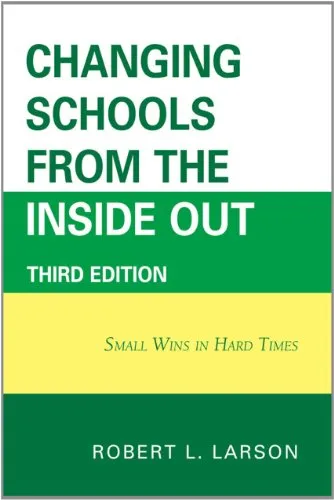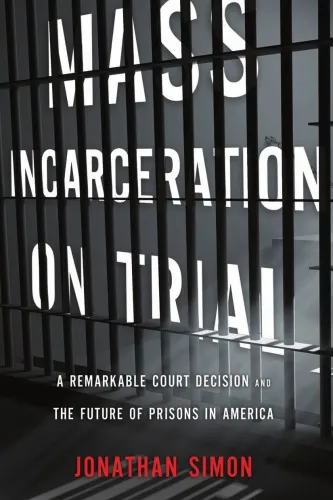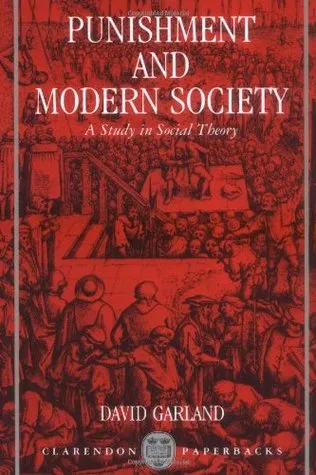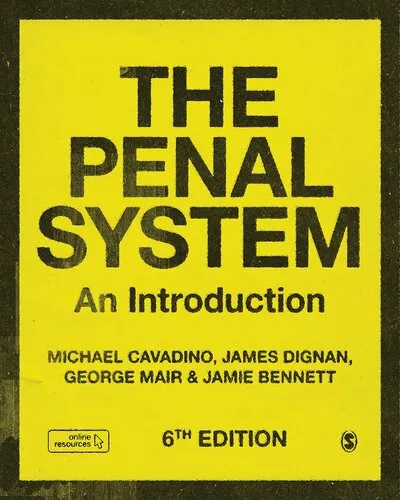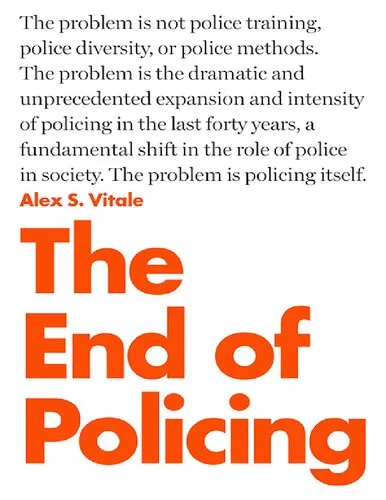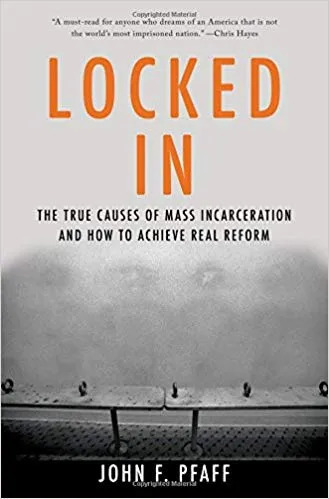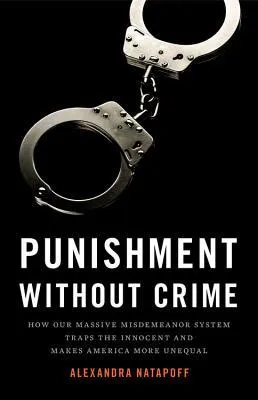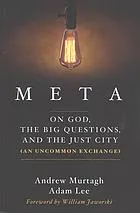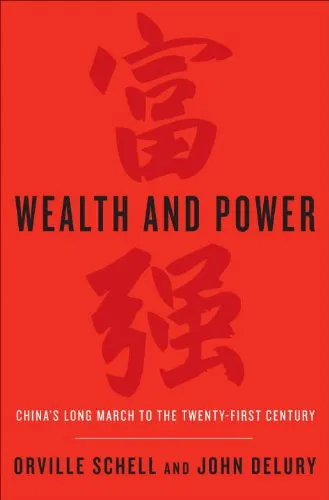Justice through Punishment: A Critique of the ‘Justice’ Model of Corrections
4.3
Reviews from our users

You Can Ask your questions from this book's AI after Login
Each download or ask from book AI costs 2 points. To earn more free points, please visit the Points Guide Page and complete some valuable actions.Related Refrences:
Introduction to Justice Through Punishment
Welcome to an exploration of one of the most profound discussions in criminal justice: the critique of the ‘Justice’ model of corrections. In "Justice through Punishment: A Critique of the ‘Justice’ Model of Corrections," we delve deep into the philosophical, ethical, and practical dimensions of contemporary punitive strategies, questioning the systems that purport to deliver justice.
Detailed Summary of the Book
In this book, we take a critical look at the justice model that has shaped correctional policies over the decades. This model assumes a direct correspondence between crime and punishment, advocating for a standardized system where the punishment fits the crime. While this may seem fair and logical, there are inherent flaws that fail to address the complexities of human behavior, social contexts, and rehabilitation needs.
The book starts by outlining the theory behind the justice model, examining its roots in retributive justice and its departure from rehabilitative ideals. We explore the implications of this model on individuals and society, assessing its efficacy and fairness. Through a series of case studies and statistical analyses, the book reveals how the punitive focus often exacerbates social inequalities and neglects the rehabilitative needs of offenders.
In later chapters, the book critiques the oversimplified perceptions of crime and punishment, presenting alternative perspectives that could lead to a more humane and effective system of corrections. Important ethical questions are raised about deterrence, proportionality, and the value of punishment in achieving justice.
Key Takeaways
- The justice model is critically evaluated against its own claim of fairness and equality.
- The ethics of punishment are unpacked, challenging readers to reconsider the role of retribution in modern justice systems.
- Alternative approaches to corrections, emphasizing rehabilitation and reintegration over punishment, are explored.
- Contextual factors such as social inequalities, race, and socio-economic status are shown to heavily influence justice outcomes.
Famous Quotes from the Book
"Punishment is not merely a response to wrongdoing; it is a statement of values about the kind of society we wish to create."
"True justice cannot be measured simply by the length of a sentence but by the lasting changes in the lives it transforms."
Why This Book Matters
In a world where crime and punishment are often discussed in black and white terms, "Justice through Punishment" stands out as a penetrating critique that challenges conventional wisdom. This book matters because it calls for a reevaluation of our correctional systems. It invites policymakers, scholars, and the public to engage in a conversation about what justice should truly mean and how it should be implemented.
Given the increasing global focus on justice reform, this work is particularly relevant. By shedding light on the failings of the current justice model, it provides a foundation for constructing a system that is not only fair but also effective. In provoking critical thought and encouraging innovative solutions, this book holds the potential to influence future directions in punitive policy and action.
Free Direct Download
You Can Download this book after Login
Accessing books through legal platforms and public libraries not only supports the rights of authors and publishers but also contributes to the sustainability of reading culture. Before downloading, please take a moment to consider these options.
Find this book on other platforms:
WorldCat helps you find books in libraries worldwide.
See ratings, reviews, and discussions on Goodreads.
Find and buy rare or used books on AbeBooks.
1498
بازدید4.3
امتیاز0
نظر98%
رضایتReviews:
4.3
Based on 0 users review
Questions & Answers
Ask questions about this book or help others by answering
No questions yet. Be the first to ask!
